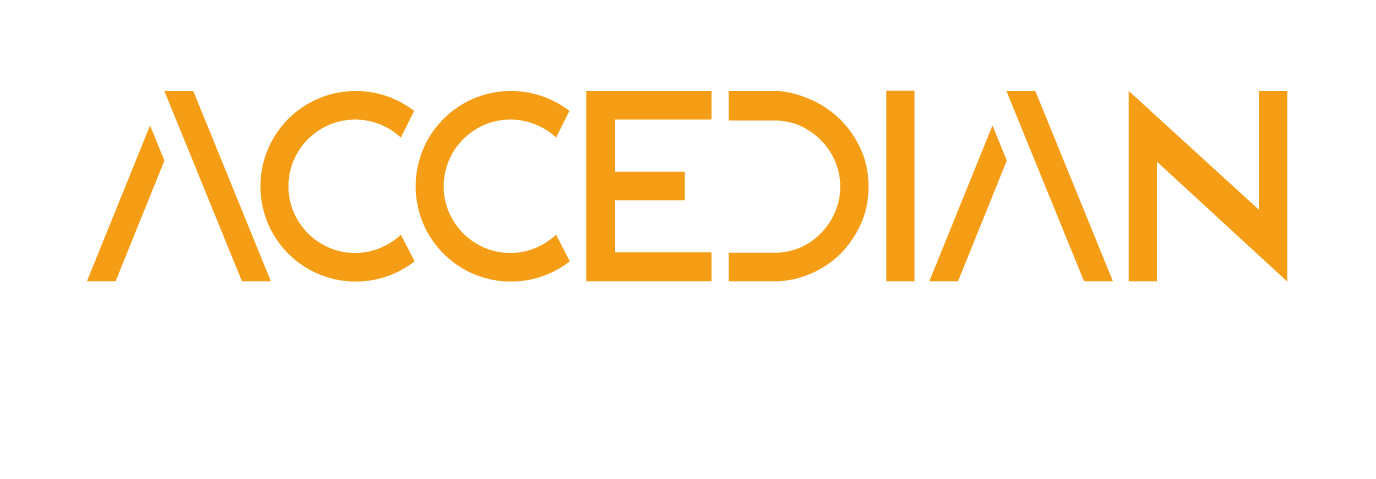Are your teams ready?
October is Manufacturing Month; for Accedian and others in the networking field, manufacturing is an exciting industry, because it’s one that can immediately take advantage of the promise of new 5G technology. Factories are primed to be completely transformed by 5G, the next generation of networking technology, and unlike other industries, where the opportunity only seems promising, this transformation is happening in manufacturing now.
Accedian commissioned Analysys Mason, a leading management consultancy focused on telecoms, media, and technology (TMT), to fully gauge how ready manufacturing teams are to leverage private 5G networks. Surveying more than 200 respondents from Germany, Japan, United Kingdom, and the United States, across six verticals, the sentiment was overwhelmingly positive; manufacturers are excited about the potential 5G can bring, and 76% are planning to leverage private 5G networks by 2024.
From an Accedian perspective, we are already seeing this come to fruition in areas such as Germany, due not only to its massive manufacturing industry presence but also because it was the first to license a private 5G spectrum. Since 2020, Germany has seen a variety of applicants including service providers, airlines, automakers like Audi and Mercedes, and manufacturing firms for deploying “private 5G networks (called; campus or local networks’ in Germany, or ‘Lokale Netze’) using 3.7GHz-to-3.8GHz spectrum,” according to IEEE. The question is, will private industry leapfrog traditional service providers, as suggested by the Wall Street Journal, or will the move to 5G be a collaborative journey?

As many manufacturers aim to reach their adoption target of 2024, service providers will have the opportunity to become more than just vendors, but rather true strategic partners in guiding this shift. Accedian is participating in a variety of consortiums like 5G-ENCODE, a pioneering project that aims to make the benefits of 5G a reality for UK manufacturers. Vendors, telcos, and industry are all part of the 5G value chain and must collaborate to assure the success of the advanced network for important use cases. Moreover, 5G is ushering in new opportunities and new partnerships such as what has been seen with Deutsche Telekom “steadily building up its go‑to‑market play around campus networks, supported by a strategic partnership with Ericsson and trial partners such as Accenture, Audi, BASF, BMW, and OSRAM” (Deutsche Telekomwatch, #93). DT and Ericsson also expanded their strategic relationship beyond the borders of Germany, with T‑Systems teaming with the vendor to bring solutions into new markets, according to Telcotitans.
Telcos can provide the tools and guidance that make the management of new network models easier. Manufacturers will need to decide how much control and security they will need and how using private 5G will usher in Industry 4.0 and help them transform the factory floor and their operations. Or, when is it better to work with networking experts who will have the resources and experience to resolve challenges faster. In 2021, we have seen German telcos get serious with 5G with Vodafone in the lead and Deutsche Telekom targeting to offer nearly 90% of the German population 5G by the end of 2022. There are many choices to be made about how to best implement 5G for both service providers and enterprises. For many across the globe, the challenge is that teams need to be equipped with the knowledge, technical capabilities, and motivation to make it a reality.
Manufacturers understand the impact private 5G networks can have on their businesses; that’s why an overwhelming number of them believe it’ll be something they adopt within the next few years. That said, there are still challenges and accessibility issues in the way. Barriers to adoption still remain, apart from cost, the biggest being management complexity (43%), particularly around managing a hybrid deployment of a dedicated on-prem network and a network slice from a service provider.
Additional findings in the research include:
- The most popular types of 5G deployment are hybrid models (45%) and network slice (35%); with 18% of respondents preferring dedicated on-prem networks.
- Manufacturers agree that high reliability (82%), security (78%) and support for low-latency applications (75%) make a private 5G network an attractive choice.
Unsurprisingly, the key element influencing the adoption of private 5G was network security (63%).
The goal of this research is to highlight some of these barriers with the hopes that service providers and leaders at manufacturing firms can better understand their role in speeding adoption and accelerating productivity and especially security gains.
For more information about the survey, take a look at the infographic or the complete analyst report. Learn how Accedian can help you activate 5G with confidence for your business.

 Improved delivery, better visibility: How Accedian and VMware are working together to help CSPs navigate the 5G world
Improved delivery, better visibility: How Accedian and VMware are working together to help CSPs navigate the 5G world
 Adding a new dimension of visibility to the Cisco Full-Stack Observability portfolio with Accedian Skylight
Adding a new dimension of visibility to the Cisco Full-Stack Observability portfolio with Accedian Skylight
